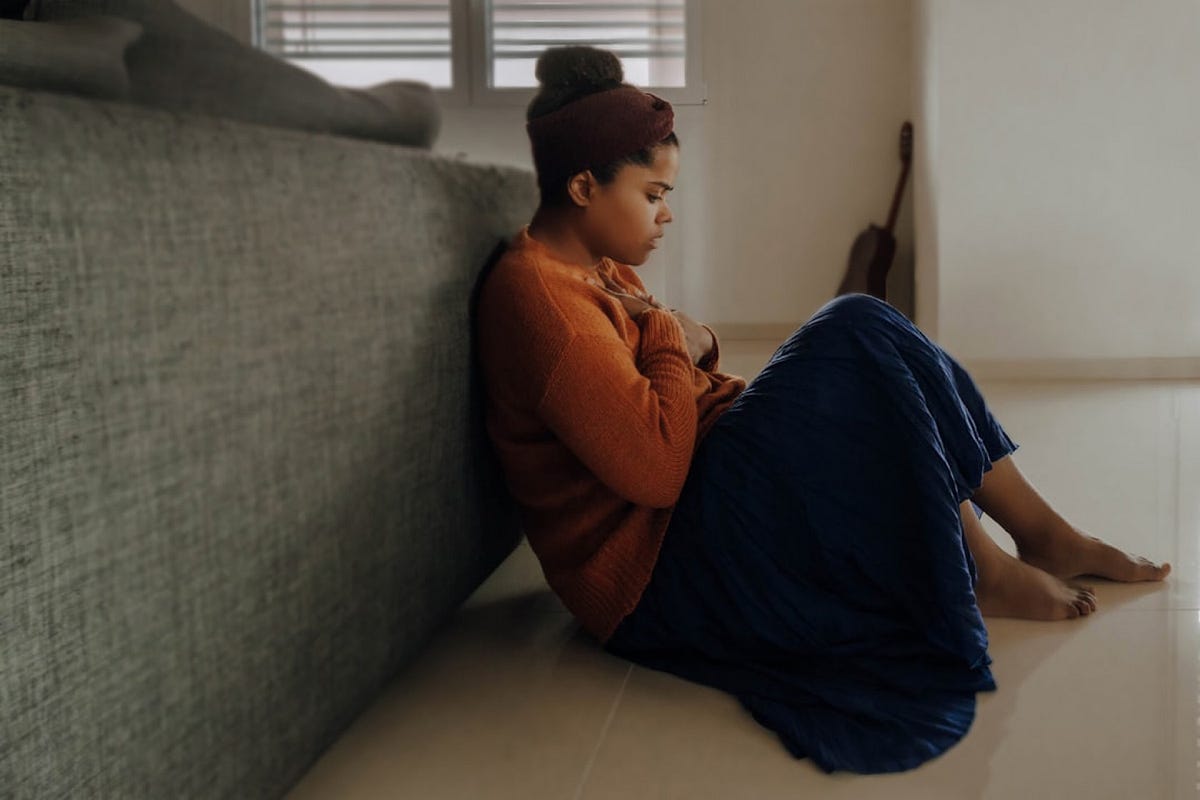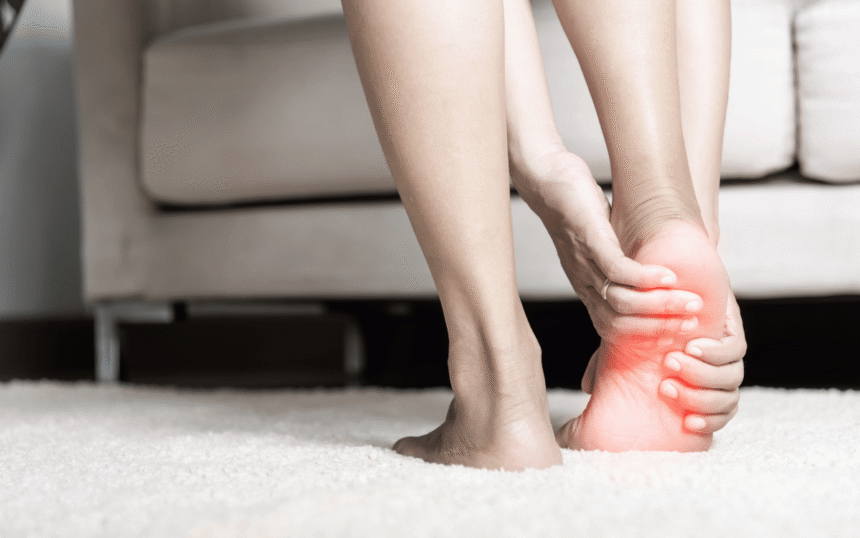Anxiety is a common yet often misunderstood mental health condition that affects millions of people worldwide. While occasional anxiety is a normal part of life, chronic anxiety can interfere with daily activities, relationships, and overall well-being. This article explores the causes, symptoms, and effective coping strategies for managing anxiety.
What is Anxiety?
Anxiety is a natural response to stress or danger, often referred to as the “fight or flight” response. However, when feelings of worry, fear, or nervousness persist and become overwhelming or disproportionate to the situation, they may signal an anxiety disorder.
Common Causes of Anxiety
There is no single cause of anxiety. Rather, it’s often the result of a combination of factors:
1. Genetics
A family history of anxiety or other mental health conditions can increase the likelihood of experiencing anxiety.
2. Brain Chemistry
Imbalances in neurotransmitters like serotonin and dopamine may contribute to the development of anxiety disorders.
3. Personality Traits
People with certain traits—such as perfectionism, low self-esteem, or a tendency toward pessimism—are more prone to anxiety.
4. Life Experiences
Traumatic events, such as abuse, the death of a loved one, or ongoing stress (e.g., financial issues, relationship problems), can trigger anxiety.
5. Medical Conditions
Certain illnesses (like thyroid disorders, heart conditions, or chronic pain) and substance use may also cause or exacerbate anxiety symptoms.
Recognizing the Symptoms of Anxiety
Anxiety manifests in various ways, affecting both the mind and body. Here are some common signs and symptoms:
Emotional Symptoms
- Excessive worry or fear
- Feeling tense or restless
- Irritability
- Trouble concentrating
Physical Symptoms
- Rapid heartbeat or palpitations
- Shortness of breath
- Sweating or trembling
- Fatigue
- Nausea or stomach discomfort
- Dizziness
If these symptoms persist and interfere with daily life, it’s important to seek professional help.
Types of Anxiety Disorders
Anxiety can take different forms, including:
- Generalized Anxiety Disorder (GAD): Persistent, excessive worry about everyday issues.
- Panic Disorder: Sudden and repeated panic attacks with physical symptoms.
- Social Anxiety Disorder: Intense fear of social situations and being judged.
- Phobias: Extreme fear of specific objects or situations (e.g., heights, spiders).
- Obsessive-Compulsive Disorder (OCD) and Post-Traumatic Stress Disorder (PTSD) are also related conditions.
Effective Coping Strategies for Anxiety
Managing anxiety is possible with the right strategies and support. Here are some effective ways to cope:
1. Practice Deep Breathing and Mindfulness
Breathing exercises and mindfulness meditation help calm the nervous system and reduce anxiety in the moment.
2. Establish a Healthy Routine
Regular sleep, balanced nutrition, and physical activity can significantly lower anxiety levels.
3. Limit Caffeine and Alcohol
These substances can trigger or worsen anxiety symptoms, so moderation is key.
4. Challenge Negative Thoughts
Cognitive Behavioral Therapy (CBT) techniques help reframe anxious thinking patterns and build healthier responses.
5. Stay Connected
Talking with friends, family, or a support group can provide relief and perspective.
6. Professional Therapy
Therapists and counselors can provide coping tools and guide you through recovery.
7. Medication (if prescribed)
In some cases, anti-anxiety or antidepressant medications can be helpful when combined with therapy.
8. Self-Care Practices
Engage in activities that bring you joy, whether it’s reading, drawing, gardening, or listening to music.
When to Seek Help
If your anxiety becomes difficult to manage, leads to avoidance behavior, or causes significant distress, it’s important to consult a mental health professional. Early intervention can prevent anxiety from worsening and improve your quality of life.
FAQs About Anxiety
1. Is anxiety a mental illness?
Yes, when it becomes chronic or interferes with daily functioning, it is considered a mental health disorder.
2. Can anxiety be cured completely?
While some people fully recover, others manage anxiety effectively through ongoing strategies and treatment.
3. What are the most effective treatments for anxiety?
Cognitive Behavioral Therapy (CBT), medication, and lifestyle changes are commonly effective.
4. Is anxiety hereditary?
Genetics can play a role, but environmental and psychological factors also contribute.
5. Can diet affect anxiety levels?
Yes, poor nutrition or excessive caffeine and sugar can impact anxiety.
6. How long does an anxiety attack last?
Most anxiety or panic attacks last between 10 to 30 minutes.
7. Are there natural remedies for anxiety?
Yes, methods like herbal supplements (e.g., chamomile), yoga, and breathing exercises may help.
8. Can children experience anxiety disorders?
Absolutely. Children can experience many of the same types of anxiety disorders as adults.
Final Thoughts
Anxiety is a treatable condition, and no one has to face it alone. Understanding its causes, recognizing its symptoms, and learning effective coping strategies are key steps in managing anxiety and reclaiming your sense of peace and control. Whether through self-help techniques, therapy, or medical support, there is hope—and help—for anyone struggling with anxiety.









